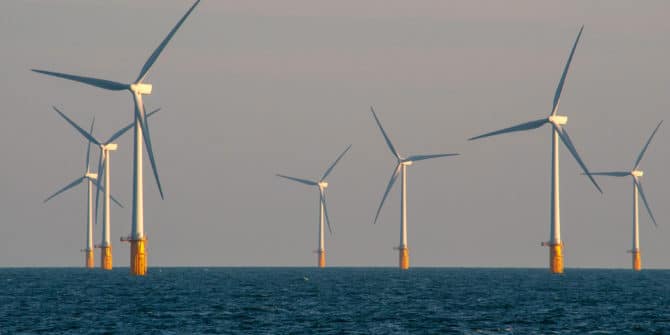
Offshore site characterisation: The power of 3D ground modelling in offshore wind
As offshore wind farms move into deeper waters and more challenging environments, the need for detailed subsurface information becomes even more critical.
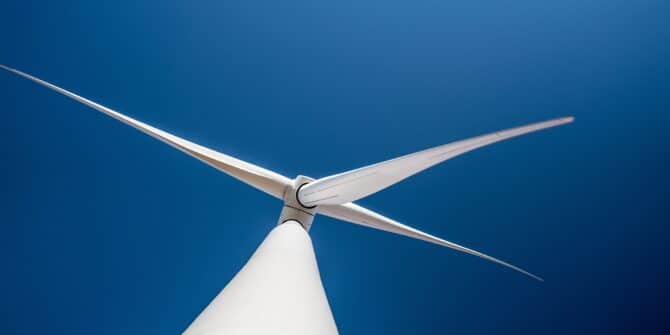
How high to find the wind?
Is there a limit to where you can place a turbine, and does it even need its feet on the ground? Plus four other renewable
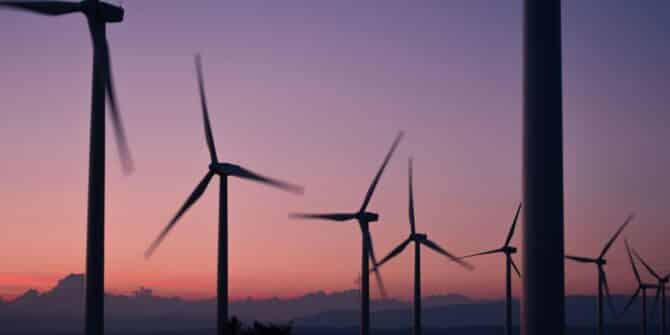
After a tough 2023, where is the good news for the offshore wind industry in 2024?
We’ve already reported on the UK’s decision to hike what it will pay offshore wind farms for electricity – a recognition of the soaring costs
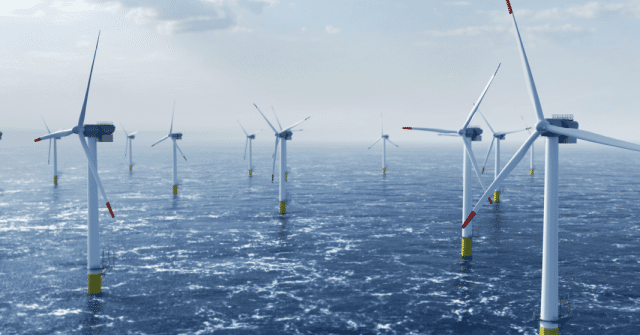
Nervousness about rising prices is giving the wind industry pause. But there are ways of bringing the many-headed monster of inflation under control.
New survey and subsurface techniques can help lower the cost of materials, fabrication, transportation and installation, argue Sean Goodman and Matt Grove, Regional Segment Managers
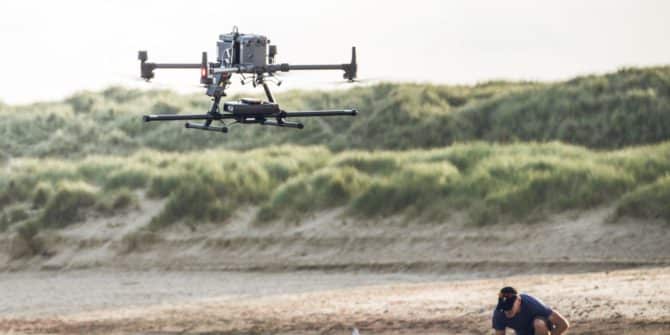
How much can you save by adding UAVs to your intertidal UXO survey campaign?
SafeLane Global controls a UAV from a ship As Director of Marine Services, Ryan Prophet’s role includes looking for new answers to some of marine
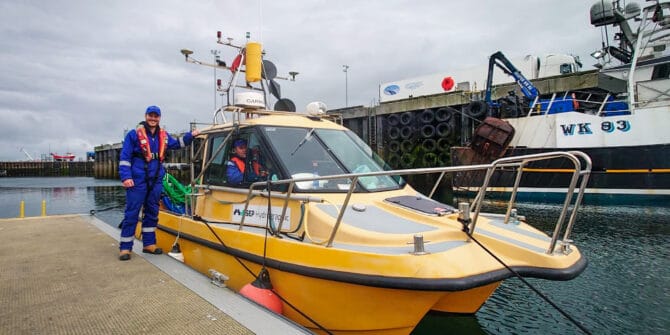
How SEP Hydrographic uses Oasis montaj to protect offshore wind farms from UXO threats
Offshore UXO can be an unpleasant surprise and a major headache for UK wind farm construction. SEP Hydrographic have been using Oasis montaj and UXO
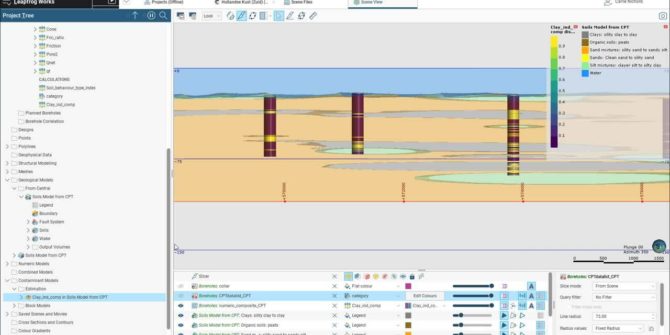
Using Indicator Kriging to quantify sub surface risk in the design of monopiles for offshore wind turbines
This project uses borehole data from an offshore windfarm and during the session we will go through the steps to create an Indicator Kriged block

Integrated ground modelling for offshore windfarm development; informing risk and foundation design
Join the Seequent team for an overview of how an integrated ground model impacts decision making and reduces risk in offshore wind projects.




